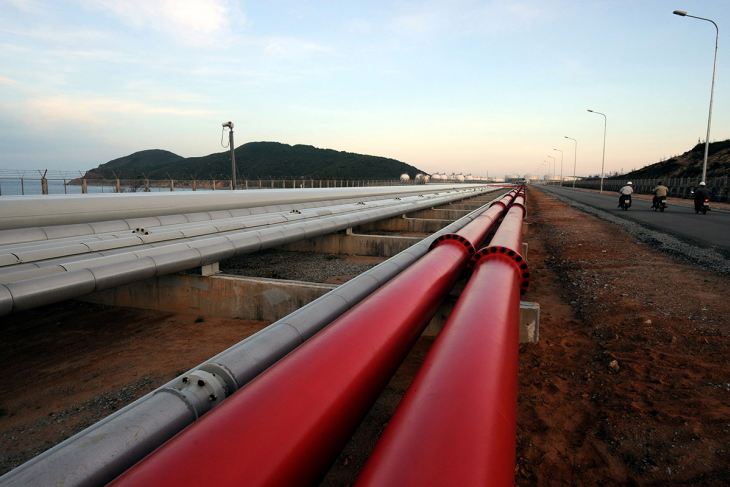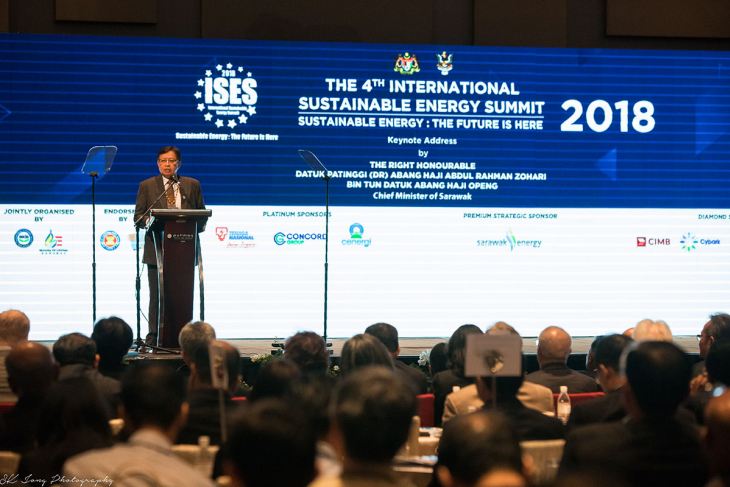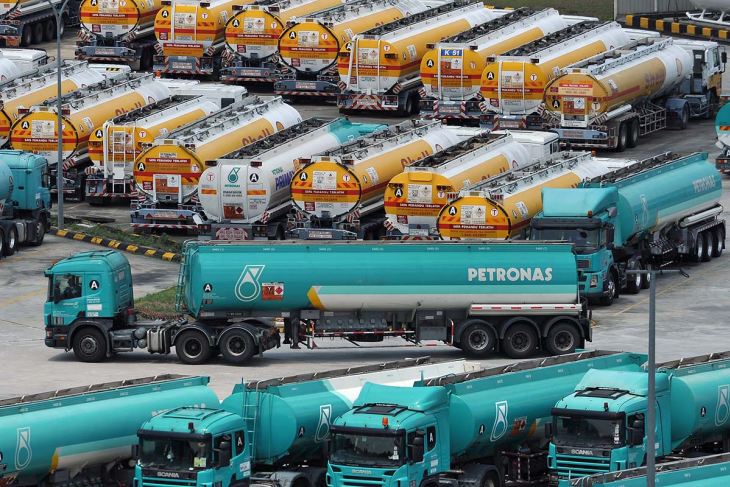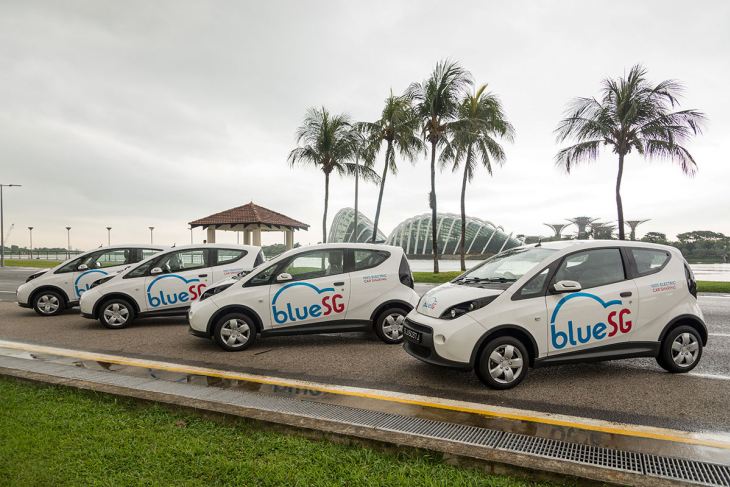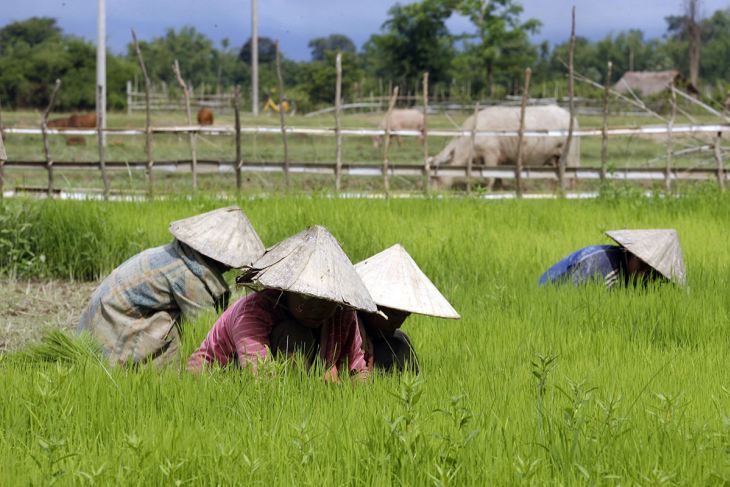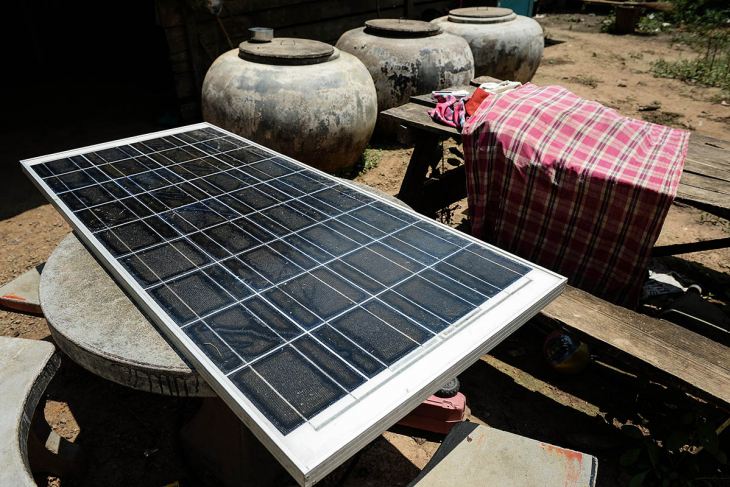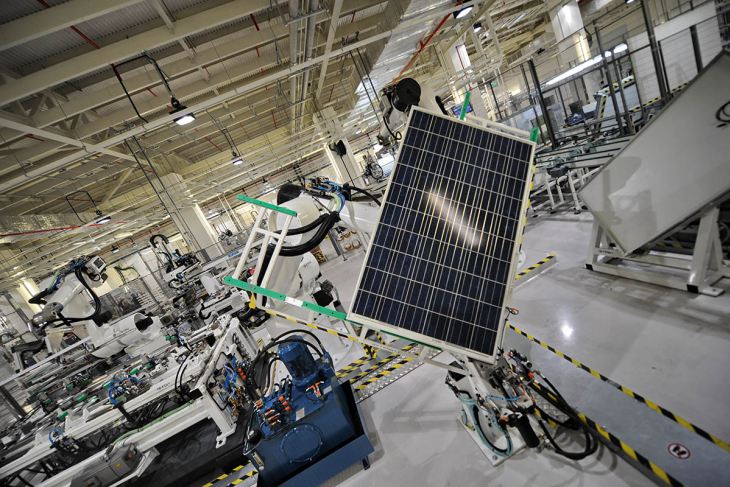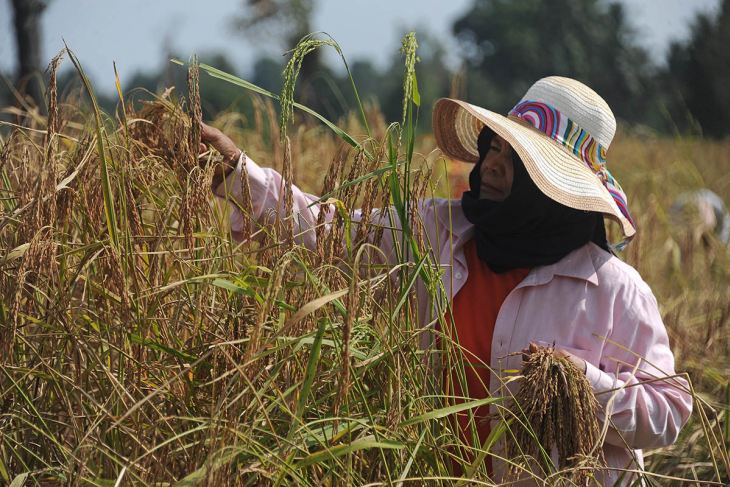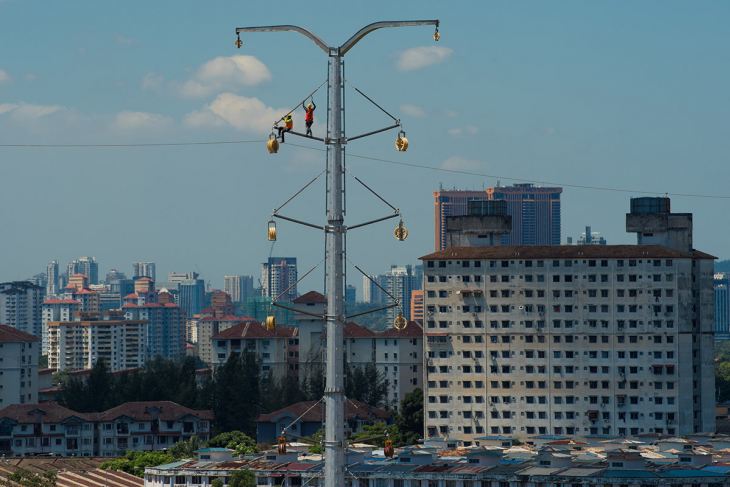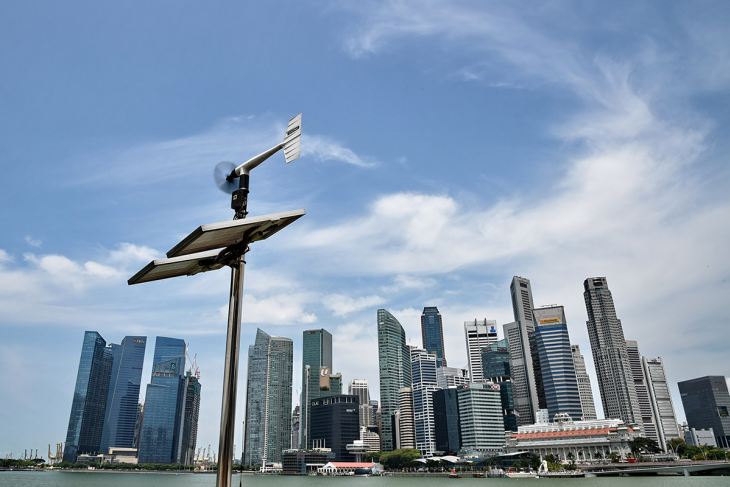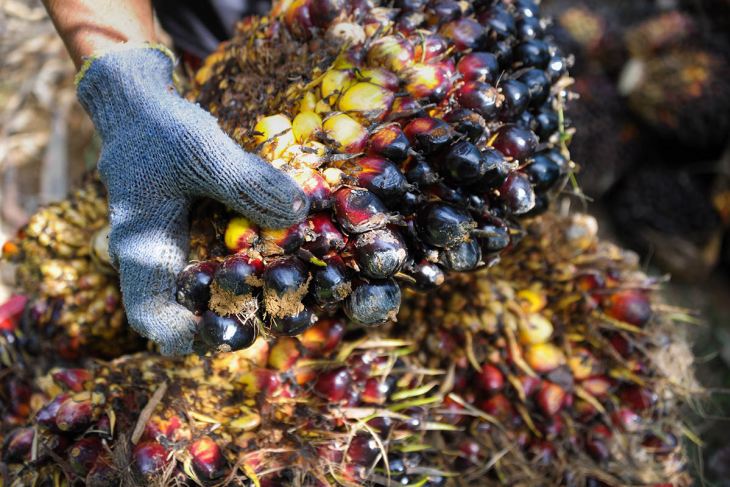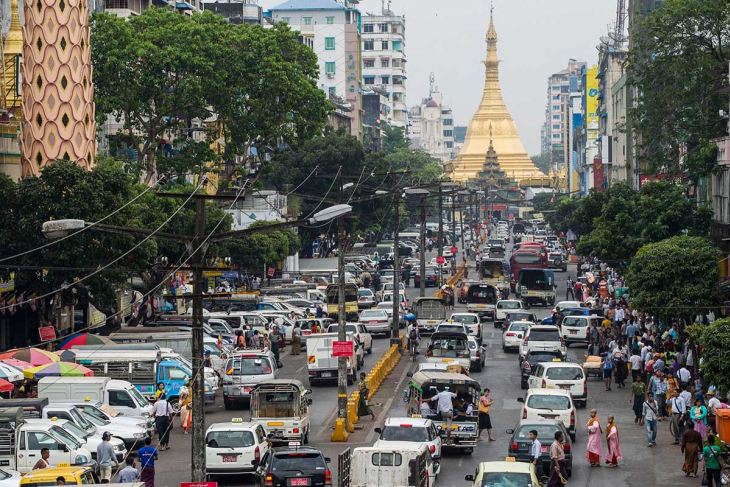Developments of the ASEAN Power Grid and Trans-ASEAN Gas Pipeline
An impressive period of sustained economic success has seen energy demand in Southeast Asia increase beyond twofold. These trends emerge against the backdrop of evolving global energy dynamics, in light of rapid urbanisation among ASEAN member states. This situation has created a challenging environment for policymakers in navigating bilateral and regional relationships, even though a Memorandum of Understanding (MoU) on ASEAN Energy Cooperation was ratified on the 24 June, 1986.
